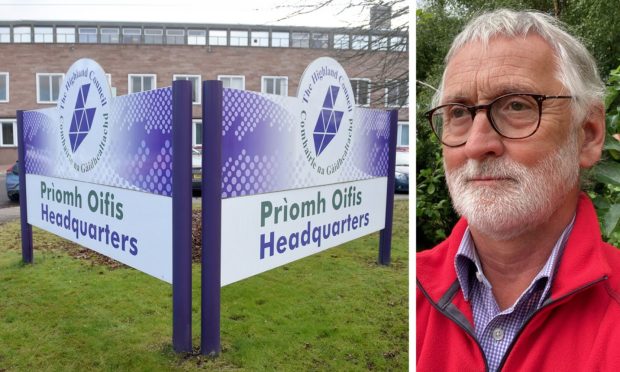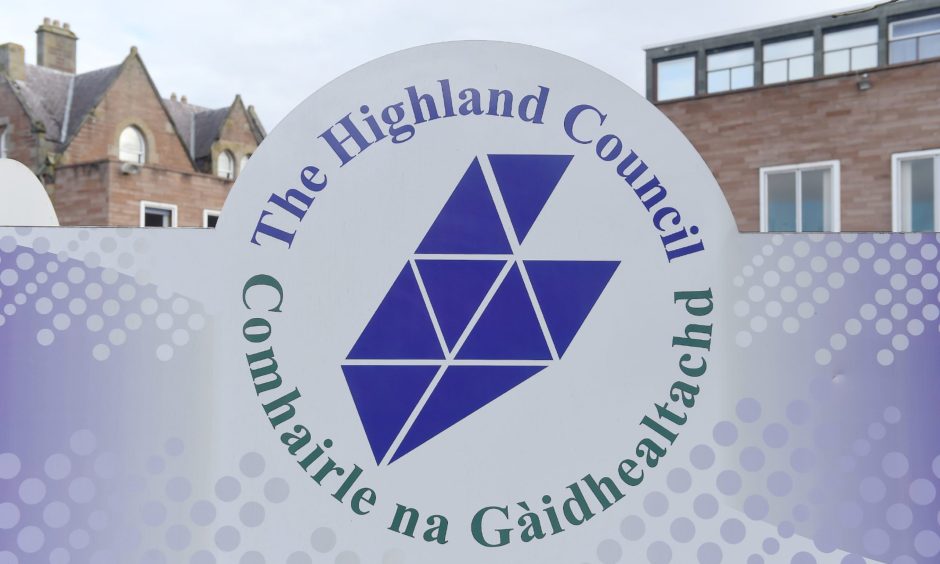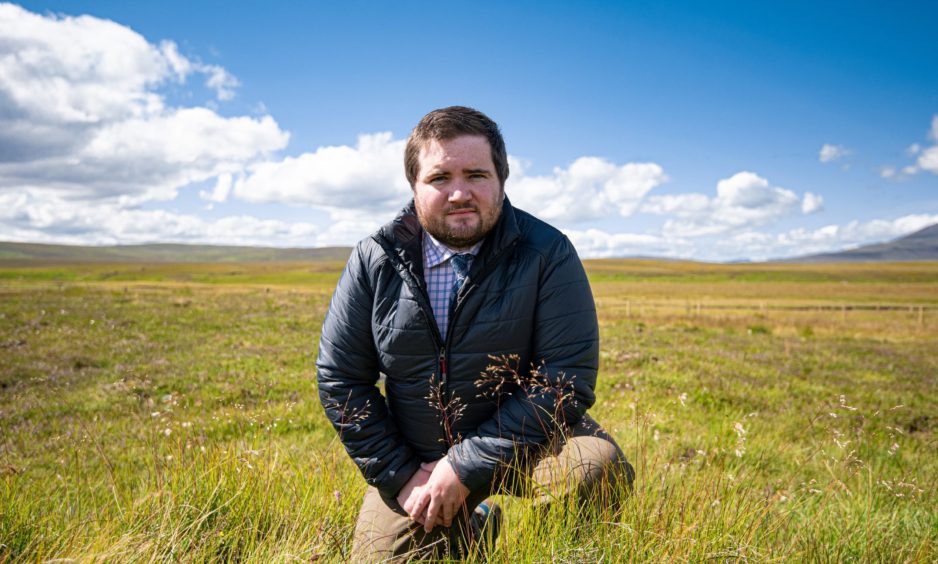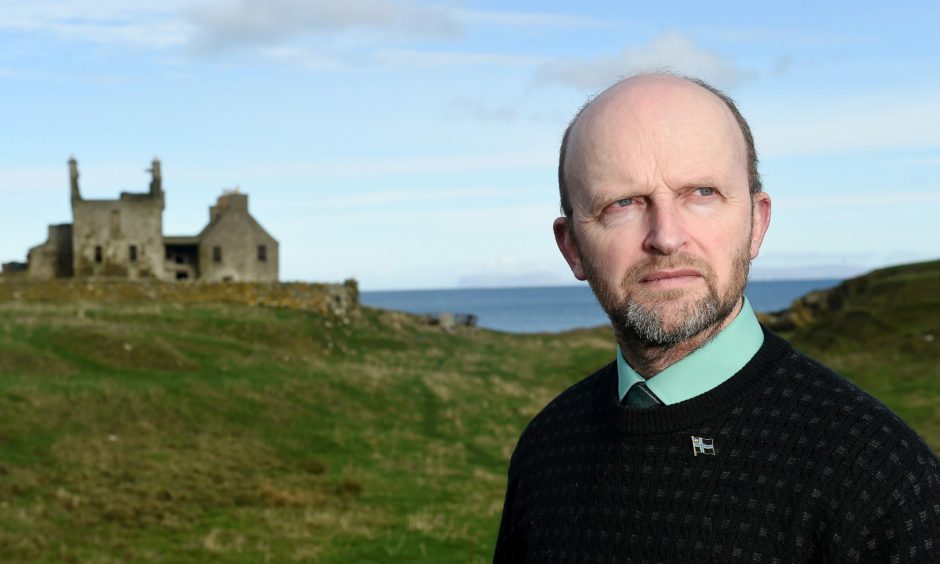Half a century after the start of regional government in the Highlands, is it time to re-think how decisions are taken?
On May 7 1974 the first councillors were elected to the former Highland Regional Council.
Its successor, Highland Council, took over in 1995 and has faced similar questions about serving communities in an area the size of Belgium.
Is a single authority too large? Should it be split up and more decisions taken locally?
A time to refocus on decentralising power
MSP Kate Forbes has called Highland Council “far too big” and suggested devolving control to areas like Lochaber and Caithness.
Another MSP, Emma Roddick, a former Highland councillor, said the authority was “monstrous”.
Other attempts have been made to break up the council by members who feel it is too “Inverness-centric”.
According to a one-time member of the regional council, and leader of its successor, the 50th anniversary should be a time to refocus on decentralising influence and power.
Peter Peacock says the existing council should be kept, but with strong area committees with a decent level of discretionary spending.
These committees could lead ‘civic participation’ programmes, allowing people outside the council to have a say in their area.
Writing in the Press and Journal. Mr Peacock, a former education minister, said it is in the region’s interest to retain a Highland-wide council.
Involve citizen juries in decision-making
But he said a new vision should not just be about council structures.
“Any debate needs to be about place and community wealth-building, better empowering individual citizens in that task, engaging civic society and business in a multiplicity of ways.”
He suggests involving community landowners, local development trusts and citizen juries in local decision-making as well as councillors.
Citizens juries could be established periodically to consider issues including tourism infrastructure, local drugs policy, anti-social behaviour and young people’s services.
They would be independent and report publicly on their findings and actions for consideration by councillors.
He also suggests councillors leading civic forums to engage regularly with local organisations, community councils and business organisations.
In addition, there could be a local petitions system for people to raise issues of concern, similar to the Scottish Parliament system.
People should feel engaged and able to influence
He said: “A local, vibrant local democracy needs many opportunities for people to feel engaged and able to influence events in their place.
“Enhancing locality influence and participation is not inconsistent with having a regional-sized council.
“It is as much about how that council chooses to work and engage.
“Debates about council boundaries are probably a distraction from debates about empowering people where they live, in their place.”
Struan Mackie, a Conservative councillor in Caithness, has previously moved to split up the council, saying regionalisation was a “failed experiment”.
He predicts the model will not survive another 50 years.
Mr Mackie says the Highland region and local government are two concepts that struggle to co-exist.
“Fifty years after the start of regionalisation, we need to call time on regional government.
“It will certainly not see its century.
‘Regional government in all but name’
“The sheer vastness of our local authority, the diversity of the communities that call it home and the unique issues we face mean that in the Highlands we don’t really do local government, we do regional government in all but name.
“It is sad that, 50 years on from the creation of Highland Regional Council, we have seen our most local form of government become weaker, more subservient to the policies of ministers in Edinburgh and left in devolution limbo.”
Matthew Reis, a Highland Alliance councillor in Caithness, believes the majority of people in remoter areas want to see the end of Highland Council.
This follows “an unending stream of decisions that have centralised every conceivable service or got rid of it completely”, he said.
He said replacing the council with something smaller will be very difficult.
“The Scottish Government and council need to actively make practical decisions that cost a bit of money to demonstrate to people in Caithness, Skye or Caithness that it is a Highland council rather than an Inverness council.”
Having collective voices heard
Current council convener Bill Lobban says only by being part of a large unitary authority can Highland people have their collective voices heard.
He said central government dislikes “large, powerful and vociferous local authorities” and prefer centralisation of services.
“I’m sure they would be delighted to split up Highland Council in a concerted effort to continue with ‘divide and conquer’ policy which has been to the detriment of the Highlands.”
But Mr Lobban said one size does not fit all.
“The council needs to adapt to local pressures and concerns to meet the individual requirements of diverse local communities by devolving significant responsibilities outward from the centre.
“If only central government would do the same.”





Conversation